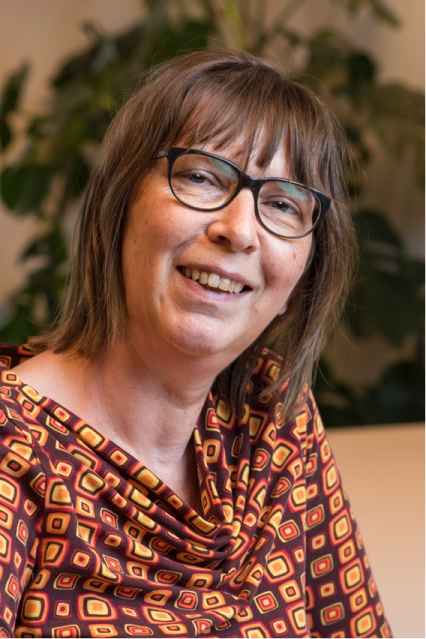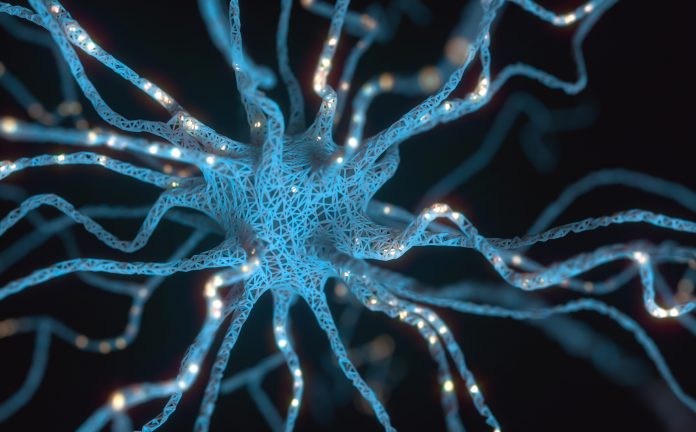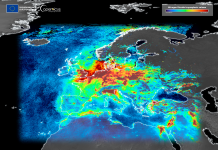Jacqueline Hoogendam, JPND’s newly elected Vice-Chair and Executive Board member talks about JPND’s past and present strategies in its outreach campaign within and beyond Europe
Initiated early 2009, JPND started out with 10 participating countries as members. Today, the world’s first and largest global neurodegenerative research initiative boasts an international presence with its 30-member strong participating countries.
JPND: In what ways has JPND been successful in its outreach efforts beyond Europe?
JH: In 2009, there were 10 JPND members comprising EU member states, associated countries, and Canada, as a third country member, showed interest in participating. Indeed, a third country policy allowing non-EU member states/associated states to participate in JPND was developed. Australia followed suit as a third country member.
Discussions with US representatives soon revealed the challenges JPND was to face in its quest to becoming a truly global organisation. US-regulations on funding research projects make it virtually impossible for the USA to join JPND as a third country member. However, JPND soon found a solution to enable collaboration, thanks to the creative minds of its partners at the National Institutes of Health (NIH) and the National Institute on Aging (NIA).
Ideas on the subject of future calls for research proposals were exchanged and the idea to launch similar calls simultaneously was explored. Both NIH/NIA and JPND invited the PIs of their funded projects to look into collaboration possibilities with projects driven by similar goals and funded by JPND and NIH/NIA respectively.
JPND: In your view, how has JPND’s international outreach strategy helped it to achieve some of its objectives?
JH: The ultimate goal of JPND is to find cures for neurodegenerative diseases and to enable early diagnosis for early targeted treatments. However, it is not possible to give definitive predictions on how long this might take to happen.
Our current strategy is to increase coordinated investment in neurodegenerative disease (ND) research aimed at finding causes of disease, developing cures, and identifying appropriate ways to care for those with ND. In this our immediate goals are:
- To add value to national investments through coordinated action;
- To encourage the development of national research strategies in ND;
- To engage in partnership to reach the full potential of JPND.
With the growing number of JPND members, including Canada and Australia, the investment in ND research through joint transnational calls has increased. As of now, the total investment is 190 million euros. With its annual transnational calls for research projects and its offer of research databases, JPND is now a reference for European and global knowledge and is an innovation platform in the area of neurodegenerative diseases. Nearly all JPND member states have a national research strategy in ND. A good example of this would be the Expert Center for Young-onset Dementia in the Netherlands, whose research agenda is explicitly based on the JPND Strategic Research and Innovation Agenda (SRIA). As a matter of fact, the national dementia research programme 2021-2030 in The Netherlands, with a total budget of over €150 million, is based on the JPND SRIA.
JPND: Can you share with us your efforts to engage Japan as part of JPND’s strategy on international outreach?
JH: It is a challenge to engage countries with cultures quite different from the western European cultures familiar to me. It takes time to make connections with the right persons, to build a relationship with them and to find common grounds in research priorities. We may have found these common grounds in the World Wide Fingers studies in which Japan participates with J-Mint and where JPND funds the EURO-Fingers project.
Working towards Japanese engagement in JPND requires small steps, including gaining trust and confidence in the success of a future collaboration. Starting with collaboration on a project level and building on that towards engagement on a larger scale.

JPND: Name some of the international outreach efforts JPND continued with in spite of the challenges posed by Covid-19.
JH: Covid-19 posed huge challenges to the entire society. After recovery from the initial shock, it turned out that part of our activities could be resumed. Thankfully with the internet and the possibility of web conferences, we were able continue the bilateral contacts with a number of countries, including Japan. We hope to resume ‘real’ and more effective meetings soon.
JPND: What are some of the immediate and future plans JPND has to achieve greater and more effective mobilisation of research resources both within and beyond Europe?
JH: We plan to intensify bilateral contacts with various countries, focussing on their specific research capacities and connecting with their government’s policies. As for new contacts, we use available networks, for instance in the World Dementia Council in which JPND has a seat. The Dutch government planned a conference aiming to increase the international investment in ND research, especially by the G20-countries. The JPND activities were to have an important role in this conference. Due to Covid-19, this conference had to be postponed, however, the intention is to hold it in the second half of 2022.
JPND: What is your strategy to convince more EU-13 countries to participate in JPND?
JH: I think a universal strategy to engage EU-13 countries won’t work. Each country requires a made to measure approach. A JPND working group is currently working on these approaches, in which we will involve JPND colleagues from these countries.
One approach to be considered, is through designated events (satellite to bigger ones or standalones) with the main purpose of informing and promoting collaboration and participation in JPND. We will also link with the widening initiatives for these countries in our calls, with the purpose to make these more effective.
We will persevere in our efforts to increase the number of countries participating in JPND because we are convinced that if we work together to tackle the huge global challenge of the sustained growth of neurodegenerative diseases, we will find solutions and treatments more rapidly.
Please note: This is a commercial profile
© 2019. This work is licensed under CC-BY-NC-ND.











